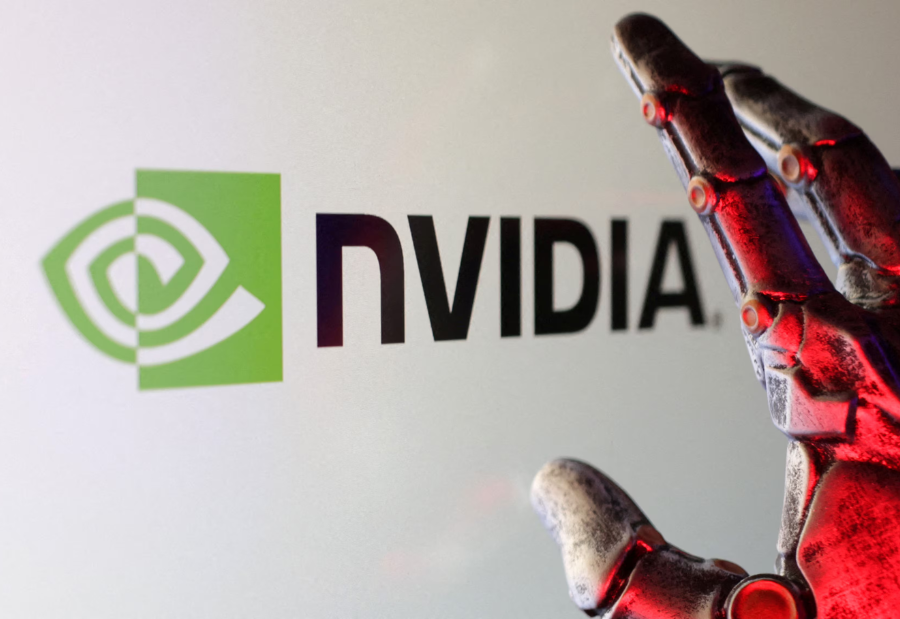Nvidia and Advanced Micro Devices will give the United States government 15 per cent of their revenue from selling artificial intelligence chips to China, as part of an uncommon arrangement with the Trump administration.
The agreement comes a month after Nvidia was granted permission to sell a modified version of its AI chip, the H20, to China. While the administration had announced approval, export licences were only issued after Nvidia Chief Executive Officer Jensen Huang met President Donald Trump at the White House last week and agreed to the revenue share. The Commerce Department began issuing licences two days later.
AMD, which sells the MI308 AI chip, had also faced a ban on sales to China in April. Both companies could generate over 2 billion dollars in payments to the US government, with Nvidia projected to sell more than 15 billion dollars worth of H20 chips and AMD around 800 million dollars by the end of the year, according to market research.
This approach has few precedents in US export policy, but follows recent interventionist moves by the administration, including a golden share arrangement in a steel industry deal and steep tariffs aimed at boosting domestic manufacturing.
National security experts have criticised the deal, warning it could encourage China to pressure other firms for similar concessions on sensitive technologies. Liza Tobin, a former National Security Council official, said, “This is an own goal and will incentivise the Chinese to up their game and pressure the administration for more concessions.”
The decision also marks a reversal from an April ban on AI chip sales to China, originally imposed to prevent the country from advancing its AI capabilities. The administration insists the H20 is less powerful than chips sold to US allies. Commerce Secretary Howard Lutnick stated, “We don’t sell them our best stuff, not our second-best stuff, not even our third-best.”
Huang argued that blocking sales would allow Huawei to dominate China’s AI chip market and invest in research to catch up with US companies. He said, “The American tech stack should be the global standard, just as the American dollar is the standard by which every country builds on.”
In China, Nvidia is facing pushback over claims of backdoor security risks in the H20, which the company has denied. It has also opposed proposed US legislation requiring chip tracking to prevent smuggling.
Also read: Viksit Workforce for a Viksit Bharat
Do Follow: The Mainstream formerly known as CIO News LinkedIn Account | The Mainstream formerly known as CIO News Facebook | The Mainstream formerly known as CIO News Youtube | The Mainstream formerly known as CIO News Twitter |The Mainstream formerly known as CIO News Whatsapp Channel | The Mainstream formerly known as CIO News Instagram
About us:
The Mainstream formerly known as CIO News is a premier platform dedicated to delivering latest news, updates, and insights from the tech industry. With its strong foundation of intellectual property and thought leadership, the platform is well-positioned to stay ahead of the curve and lead conversations about how technology shapes our world. From its early days as CIO News to its rebranding as The Mainstream on November 28, 2024, it has been expanding its global reach, targeting key markets in the Middle East & Africa, ASEAN, the USA, and the UK. The Mainstream is a vision to put technology at the center of every conversation, inspiring professionals and organizations to embrace the future of tech.




